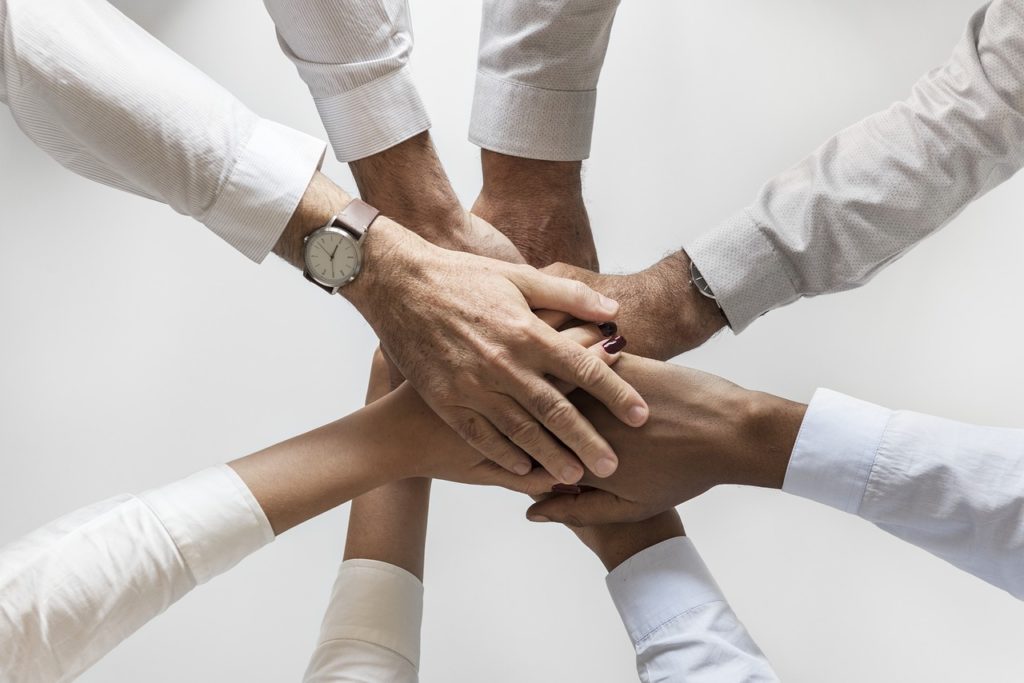
For the person who may be dealing with a food addiction, connecting to comprehensive treatment is necessary for recovery.
It can be easy to look at the symptoms and behaviors associated with a food addiction and assume the problem lies with food itself.
However, an individual who is struggling with an addiction to food often has many underlying issues that fuel a need to use food for other purposes than nourishment, which drives a person to continue eating, even when not feeling hungry.
For these reasons, it is important to connect with professionals who can help a food addict find healing by addressing the deeper issues at the heart of the problem.
Finding support in a community of like-minded individuals is also a helpful part of recovery.
A man or woman dealing with a food addiction may often times feel isolated and alone, due to their behaviors, or feel ashamed or embarrassed about their past related to addictive behaviors surrounding food.
Further isolating oneself due to fear, guilt or shame can only fuel the issues at hand, making it more difficult for a person to find recovery and healing.
Support Groups
Many support groups offer a safe setting and environment for a person struggling with a food addiction to find community and hope from others.
While the options for recovery groups for a food addiction vary, it may be helpful to consider Overeaters Anonymous.
Overeaters Anonymous is a support group based on the 12-Steps for Recovery, offering support for those who may be dealing with binge eating, overeating, and other eating disorders. OA offers support for these individuals through self-supporting member contributions.
If you or someone you care for has been dealing with a food addiction and is currently lacking resources for support, consider joining an Overeaters Anonymous support group.
Groups are free to members and meetings are offered worldwide, helping an individual address the physical, emotional, and spiritual needs related to recovery and healing.
It is important to note that a support group should not take the place of comprehensive treatment but rather should compliment any type of treatment that may already be occurring.

About the Author: Crystal is a Masters-level Registered Dietitian Nutritionist (RDN) with a specialty focus in eating disorders, maternal/child health and wellness, and intuitive eating. Combining clinical experience with a love of social media and writing, Crystal serves as the Special Projects Coordinator for Eating Disorder Hope/Addiction Hope, where her passion to help others find recovery and healing is integrated into each part of her work.
As a Certified Intuitive Eating Counselor, Crystal has dedicated her career to helping others establish a healthy relationship with food and body through her work with EDH/AH and nutrition private practice.
The opinions and views of our guest contributors are shared to provide a broad perspective of addictions. These are not necessarily the views of Addiction Hope, but an effort to offer discussion of various issues by different concerned individuals.
We at Addiction Hope understand that addictions result from a combination of environmental and genetic factors. If you or a loved one are suffering from an addiction, please know that there is hope for you, and seek immediate professional help.
Reviewed By: Jacquelyn Ekern, MS, LPC on January 25, 2016
Published on AddictionHope.com
